Brussels – The European Parliament created four new committees (two permanent and two special) to deal with defense, health, high rents, and foreign interference. However, changes in the organization of the Chamber, especially at the intergroup level, have caused some rifts among the parties of the Italian center-left — what was supposed to be a broad alliance that never materialized and is still struggling to take shape, divided on many issues starting with the position to adopt regarding the current wars at the doorstep of the Union.
The standing committees
By a vast majority vote – 448 in favor, 161 against, and 40 abstentions – MEPs approved today (Dec. 18) to “advance” the two subcommittees on Security and Defense (SEDE) and Public Health (SANT) to permanent committees, maintaining their numerical composition of 43 members. Thus, the composition of the European Parliament changed compared with the one that emerged from the European elections last June: the standing committees increased from 20 to 22, and the subcommittees were halved from four to two.
The agreement at the level of political groups was reached on Dec. 13 by the Conference of Presidents, the body of the European Parliament that brings together the group leaders and the president of the House, Roberta Metsola. The responsibilities of the new standing committees will be complementary to those of the committees to which they previously belonged, respectively, the Committee on Foreign Affairs (AFET) and the Committee on Environment, Public Health, and Food Safety (ENVI), which will now change its name to Environment, Climate, and Food Safety.
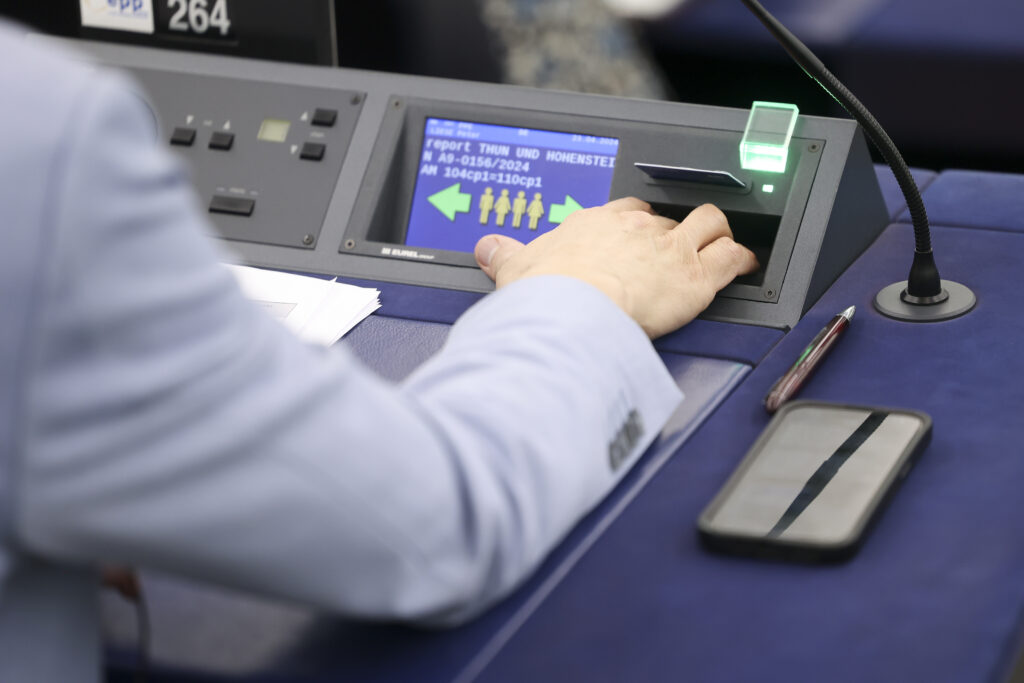
SEDE’s new responsibilities include oversight of the Union’s common security and defense policy (CSDP in the English acronym), fighting hybrid threats, strengthening the European defense industry (both at the research, innovation, and production levels), and developing infrastructure for military mobility. As for SANT, the agreement reached between the political groups envisages assigning to it the competencies on pharmaceuticals and medical devices, those related to the supervision of health crisis preparedness and response, those concerning mental health and patients’ rights, and, finally, health aspects related to bioterrorism.
At a practical level, the most significant difference from the current situation lies in the fact that standing committees – unlike subcommittees – can draft, amend, and vote on legislative proposals and own-initiative reports while also examining proposals that come from the Commission or the EU Council (to which the Treaties entrust the role of co-legislator along with the European Parliament).
The special committees
At the same time, the hemicycle also voted to create two new special commissions, both of which will consist of 33 members and whose mandate (renewable) will last 12 months from the first plenary session in 2025, scheduled for the week of January 20-23. On the same dates, the change of status regarding SEDE and SANT, as well as the decision on the composition of all four new commissions, while the election of the new Bureaus will take place during their respective constituent sessions, although it is likely that the current chairs of SEDE and SANT (the liberal German Marie-Agnes Strack-Zimmermann, and the popular Polish Adam Jarubas, respectively) will retain their positions until at least 2027.
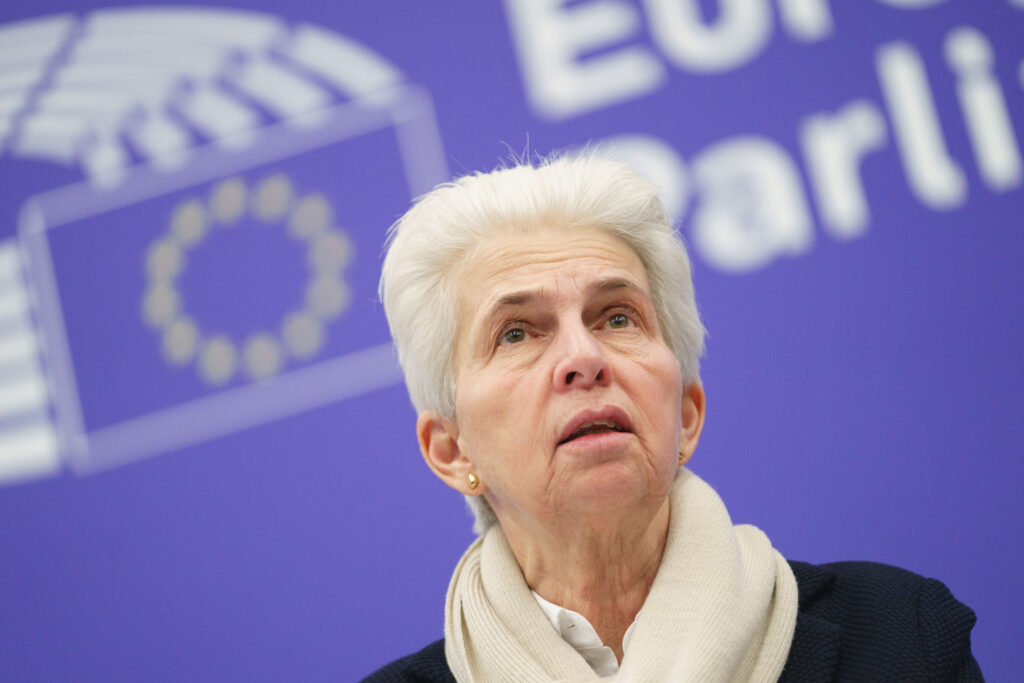
Of the two special committees, one will deal with the Housing Crisis, and its introduction was supported by 480 “yes,” 148 opposed, and 20 abstentions. One name circulating for its presidency is reportedly Italy’s Irene Tinagli (PD). The other — on the European Democracy Shield — found the support of 441 MEPs, 178 against, and 34 abstentions, and could be headed by French liberal Nathalie Loiseau. The European Shield for Democracy is the name Ursula von der Leyen gave to the new EU strategy to defend the EU’s political processes from foreign interference, i.e., mainly from Russia (see presidential elections in Romania for more details).
The intergroups
Also today, the European Parliament voted on the introduction of the new intergroups, i.e., forums of informal exchanges of opinions on specific issues between different political groups (usually at least three) and to maintain contacts between MEPs and civil society organizations.
The 5 Star Movement delegation leader and president of the Fiscal Matters subcommittee Pasquale Tridico hailed the creation (or rather the confirmation) of the one for the Fight Against Poverty was hailed by as “definitely good news” since it represents “one more tool to analyze and address the causes of growing economic and social inequalities so as to find remedies and solutions.”
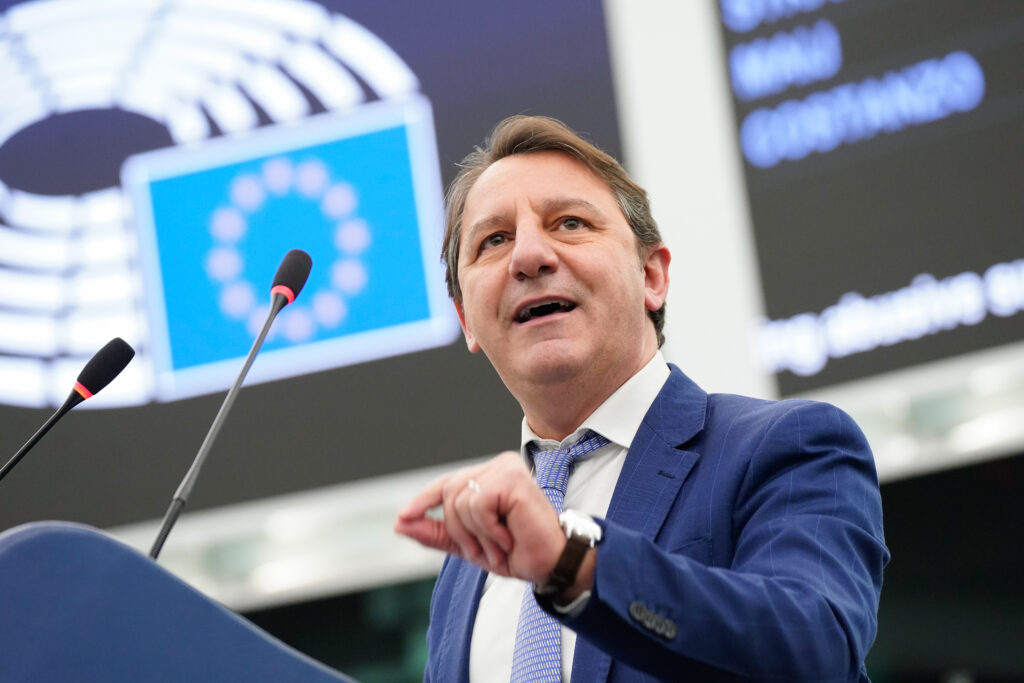
The former president of the INPS (who at the time of the yellow-green government oversaw the introduction of citizenship income) claimed the inclusion in the intergroup’s manifesto of “the universal income as an element to guarantee social security.” referring moreover to the data published today by the EU executive that paints a far from flattering picture for Italy, both at the level of employment and of purchasing power, not to mention gender and generational disparities and geographical divides.
The M5S push for the Peace intergroup
In contrast, the failure to create an intergroup on Peace, Diplomacy, and Multilateral Dialogue caused friction among the members of that vast, phantom center-left field. The 5-Star Movement MEP Danilo Della Valle lashed out at the choice of the Socialists (S&D), of which the Democratic Party is also a member, not to support its introduction: “In the secrecy of the Conference of Presidents, the self-styled progressives sunk a forum for dialogue that aimed to strengthen communication and cooperation among peoples.”
The members of the PD delegation, Della Valle argues, “align with the stance” of the Iratxe García Pérez group leader, “who, in a speech in the Plenary on November 19, stated very emphatically that wars are not won with words but with tanks.” Instead, “Wars can also end with peace negotiations and the force of diplomacy,” countered the M5S MEP, who among the Social Democrats thanked only Marco Tarquinio, elected at last year’s European elections as an independent on the lists of the PD, “for supporting it strongly and with conviction.” “Together, we can still make a difference and defeat the ideology of war dominant in Europe today. We will never give up,” he concluded.
M5s MEPs continued to denounce what, from the benches of The Left, they brand as the bellicose approach of the second von der Leyen term. “The European Parliament boycotts the creation of the Peace Intergroup but approves the establishment of the Defense Committee,” reads a note from the M5S delegation, where it points out that the permanent version of the SEDE “was born with the clear intention of continuing the military escalation.”
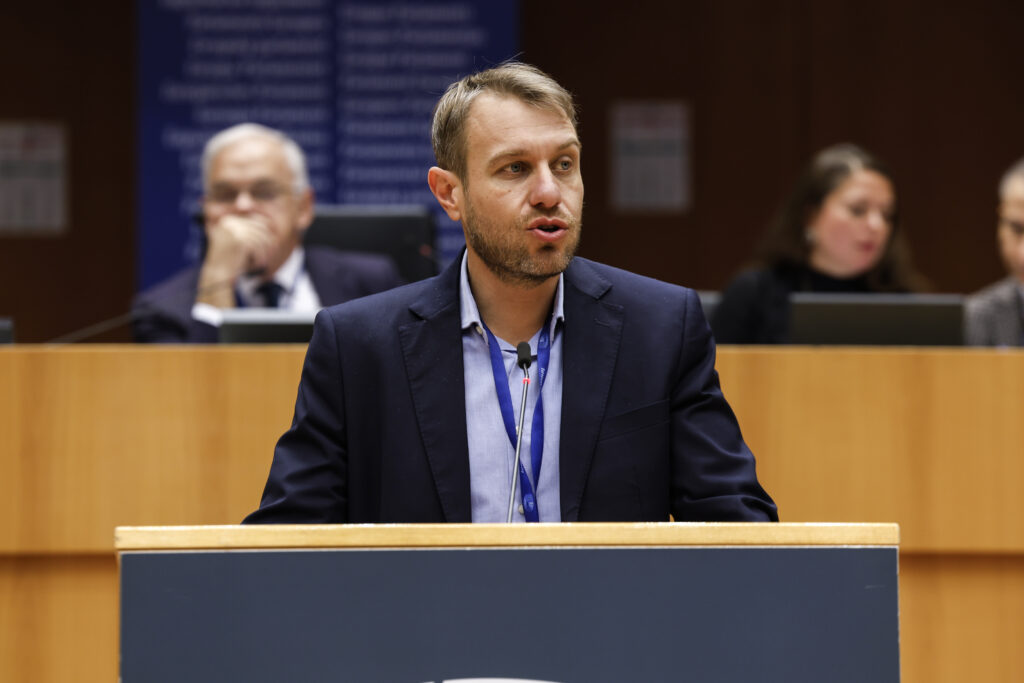
Intent made evident, the statement continues, also by the “proposal to establish Eurobonds for the purchase of arms and ammunition to supply to belligerent countries, in open contrast to the Common Position on Arms Export Controls adopted by the Council in 2008.” On the contrary, the Movement’s elected officials reiterate that “dialogue is the only way forward to end the conflict in Ukraine and the Middle East” and claim their role as “peace-builders.”
The PD’s defense
From the ranks of the PD, Tarquinio tries to defuse the clash by letting the sharp accusations hurled by fellow M5S MPE fall flat. In a note, the former editor of Avvenire says he “does not understand” the controversy raised by Della Valle and tries to throw water on the fire, making the failure to create the intergroup a purely numerical issue.
“Its official establishment required the support of at least three political groups,” he noted. “A goal that was unfortunately not achieved,” since among the four groups in the House from which the signatories came (Tarquinio from the Socialists, Leoluca Orlando from the Greens, Michael McNamara from the Liberals, and Della Valle himself), in the end, only The Left “decided to become sponsors of the initiative.”
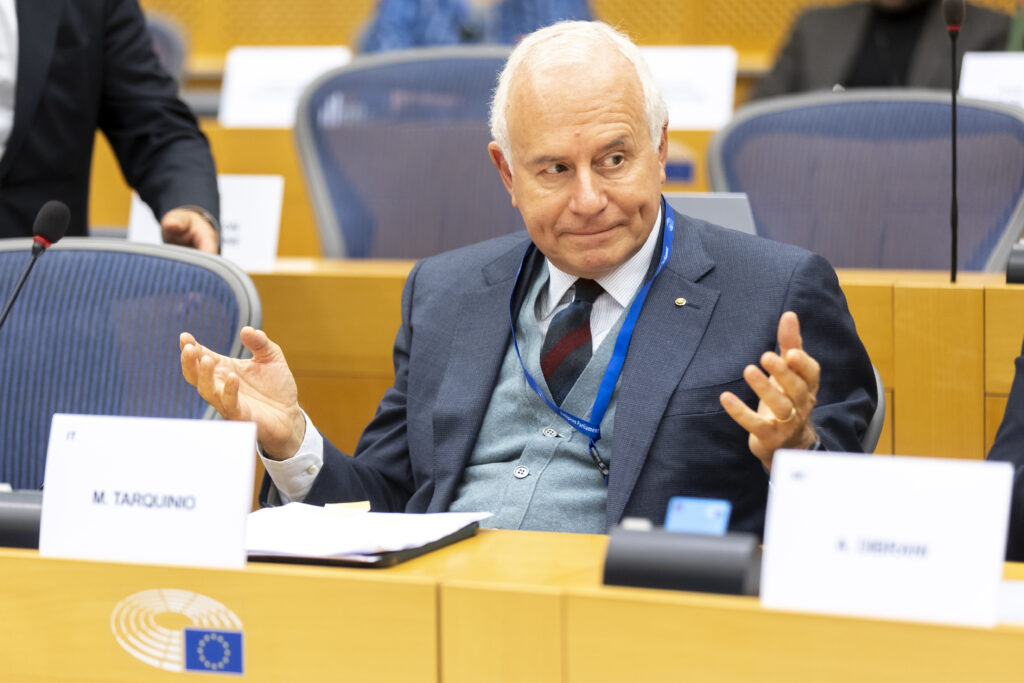
The S&D group “submitted dozens of intergroup proposals to a vote among its members, and, unfortunately, the one for Peace did not get enough support.” However, he then seems to extend an olive branch to this M5S colleagues, noting how this is “a fact that confirms how uphill the road is at this historical stage for those who are committed to giving strength to peace policies and initiatives even within the Italian center-left and the European democratic left.” “A defeat, but certainly not a reason to give up,” he concluded, stressing that “a serious and profound debate is open in the PD on the orientation of European policies on international relations, and cooperation and defense.”
English version by the Translation Service of Withub




![[foto: imagoeconomica]](https://www.eunews.it/wp-content/uploads/2023/09/Imagoeconomica_1917240-scaled.jpg.webp)

